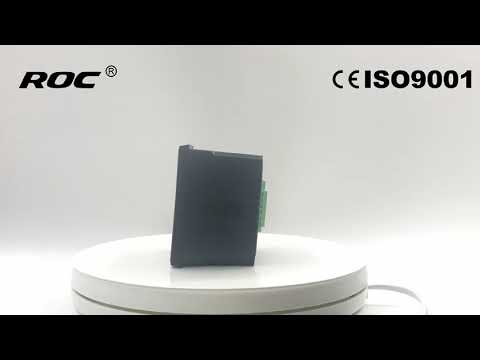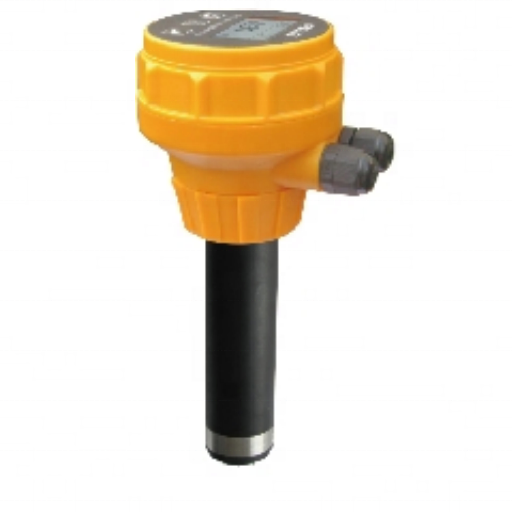Understanding the Functionality and Applications of a multiparameter ph meter
A multiparameter pH meter is an indispensable tool in various scientific and industrial applications. It is a sophisticated device that measures not only the pH level but also other parameters such as temperature, conductivity, dissolved oxygen, and ion concentration. This article aims to provide a comprehensive understanding of the functionality and applications of a multiparameter pH meter.
The functionality of a multiparameter pH meter is rooted in its ability to measure multiple parameters simultaneously. This is achieved through the use of different sensors and electrodes that are integrated into the device. The pH measurement is typically carried out by a glass electrode, which generates a voltage proportional to the pH level of the solution it is immersed in. This voltage is then converted into a pH reading by the meter. Similarly, temperature is measured using a thermistor or a resistance temperature detector, while conductivity is determined by a conductivity cell that measures the ability of the solution to conduct an electric current. Dissolved oxygen and ion concentration, on the other hand, are measured using specific sensors that respond to the presence of these substances in the solution.

The multiparameter pH meter is calibrated before use to ensure accurate readings. This involves adjusting the meter to known standards and checking its response. The calibration process is crucial as it compensates for any potential drift in the sensor readings due to factors such as aging of the sensors, changes in the ambient conditions, or contamination of the electrodes.

The applications of a multiparameter pH meter are diverse and span across various fields. In the field of environmental science, for instance, it is used to monitor the quality of water in rivers, lakes, and oceans. By measuring parameters such as pH, temperature, and dissolved oxygen, scientists can assess the health of aquatic ecosystems and detect any signs of pollution or other environmental disturbances.
| Instrument model | FET-8920 | |
| Measurement range | Instantaneous flow | (0~2000)m3/h |
| Accumulative flow | (0~99999999)m3 | |
| Flow rate | (0.5~5)m/s | |
| Resolution | 0.001m3/h | |
| Accuracy level | Less than 2.5% RS or 0.025m/s.whichever is the largest | |
| Conductivity | >20μS/cm | |
| (4~20)mA output | Number of channels | Single channel |
| Technical features | Isolated,reversible,adjustable, meter/transmission dual mode | |
| Loop resistance | 400Ω(Max), DC 24V | |
| Transmission accuracy | ±0.1mA | |
| Control output | Number of channels | Single channel |
| Electrical contact | Semiconductor photoelectric relay | |
| Load capacity | 50mA(Max), DC 30V | |
| Control mode | Instantaneous amount upper/lower limit alarm | |
| Digital output | RS485(MODBUS protocol ),Impulse output1KHz | |
| Working power | Power supply | DC 9~28V |
| source | Power Consumption | ≤3.0W |
| Diameter | DN40~DN300(can be customized) | |
| Working environment | Temperature:(0~50) ℃; Relative humidity: ≤85%RH(none condensation) | |
| Storage environment | Temperature:(-20~60) ℃; Relative humidity: ≤85%RH(none condensation) | |
| Protection grade | IP65 | |
| Installation method | Insertion pipeline installation | |
In the food and beverage industry, a multiparameter pH meter is used to ensure product quality and safety. The pH level, for example, can affect the taste, texture, and shelf-life of food products, while the conductivity can indicate the presence of contaminants. Similarly, in the pharmaceutical industry, the meter is used to monitor the pH and conductivity of solutions used in drug formulation to ensure their efficacy and safety.
In the field of research and development, a multiparameter pH meter is an invaluable tool for studying chemical reactions and biological processes. By simultaneously measuring multiple parameters, researchers can gain a deeper understanding of these processes and develop more effective and efficient methods and technologies.
In conclusion, a multiparameter pH meter is a versatile and powerful tool that offers a multitude of benefits in various applications. Its ability to measure multiple parameters simultaneously not only saves time and resources but also provides a more comprehensive and accurate assessment of the solution or environment being studied. As technology continues to advance, it is expected that the functionality and applications of the multiparameter pH meter will continue to expand, further enhancing its value in scientific and industrial applications.
| Model | EC-810 Conductivity/resistivity controller |
| Range | 0-200/2000/4000/10000uS/cm |
| 0-20/200mS/cm 0-18.25MΩ | |
| Accuracy | Conductivity:1.5%; Resistivity:2.0%(FS) |
| Temp. Comp. | Automatic temperature compensation based on 25℃ |
| Oper. Temp. | Normal 0~50℃; High temp 0~120℃ |
| Sensor | 0.01/0.02/0.1/1.0/10.0cm-1 |
| Display | LCD Screen |
| Current Output | 4-20mA output/2-10V/1-5V |
| Output | High/Low limit dual relay control |
| Power | AC 220V±10% 50/60Hz or AC 110V±10% 50/60Hz or DC24V/0.5A |
| Working Environment | Ambient temperature:0~50℃ |
| Relative humidity≤85% | |
| Dimensions | 96×96×100mm(H×W×L) |
| Hole Size | 92×92mm(H×W) |
| Installation Mode | Embedded |







